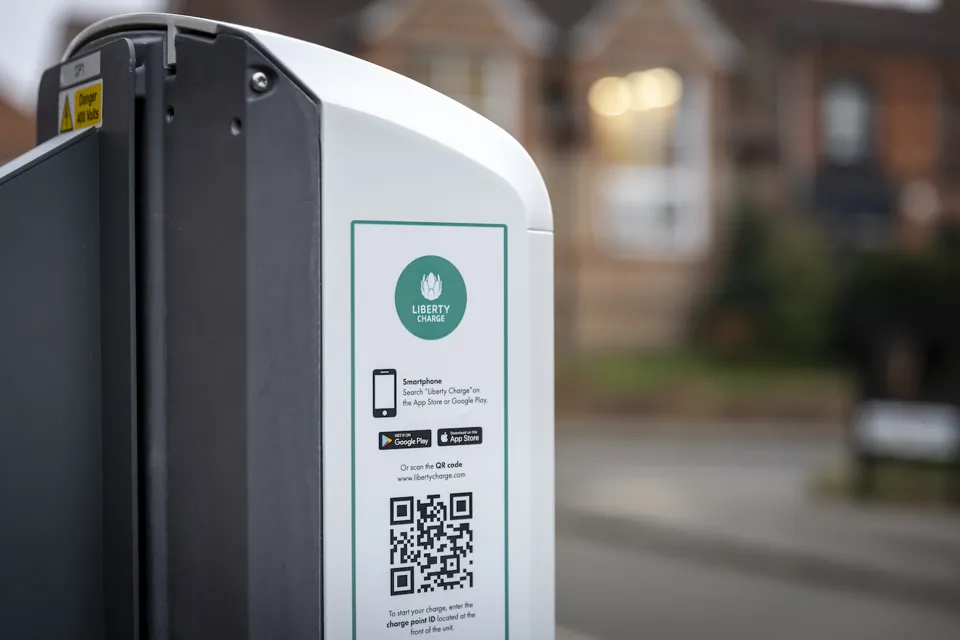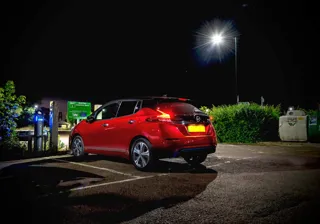North Northamptonshire Council is planning to install up to 80 new on-street electric vehicle (EV) charging points for use from early next year.
The new chargers will almost double the number of points available in the borough, which are maintained and funded by Liberty Charge in Northamptonshire.
The local authority has 21 new sites currently under review chosen to facilitate convenient public charging for those who cannot charge their EVs at home or on a private driveway.
North Northamptonshire’s Cllr Graham Lawman, said: “We’re delighted to provide these additional charge points, in order to help accelerate the move to more sustainable methods of transport.
“Without the infrastructure in place, it would be impossible to accommodate the growing popularity of EVs in our area and beyond. The fully-funded solution means there is zero cost to the tax-payer – of added importance in today’s financial climate.”
Local authorities have installed a combined 16,680 EV charging points to date, with a further 16,563 planned to be installed over the next 12 months.
In consultation with North Northamptonshire Council and local residents it is proposed that two 22kW/h fast charging points, each with two charging sockets, will be located at: Barton Road, Hawthorn Road, Headlands, Linden Avenue, Pytchley Road, The Grove, in Kettering; Campbell Road, Cecil Drive, Telford Lane, in Corby; Doddington Road, Hatton Avenue, Irthlingborough Road, Roberts Street in Wellingborough; Market Hill in Rothwell; Victoria Street in Desborough Midland Road in Rushden; and Midland Road, Queensway, Wood Street in Higham Ferrers. A single 22kW/h fast charging point, with two charging sockets, will be installed at Station Road and York Road in Kettering.
Neil Isaacson, Liberty Charge CEO, added: “It’s fantastic to build on our partnership with North Northamptonshire Council, and we are proud to continue in our work to electrify the council area. It’s great to work with a Council that is committed to supporting their residents in moving to EVs.”
DfT data highlights how there is an uneven geographical distribution of charging devices within the UK.
Some UK local authorities have bid for UK Government funding for charging devices, and others have not.
Most of the provision of this infrastructure has been market-led, with individual charging networks and other businesses (such as hotels) choosing where to install devices.
> Interested in comparing electric vehicle data? Check out our EV tool.
> Interested in ensuring the efficient use of EVs. Check out our dedicated editorial sections: Insight & policy | EV news | Charging & infrastructure | Costs & incentives | Benefit-in-kind | EV case studies | EV road tests





















Login to comment
Comments
No comments have been made yet.